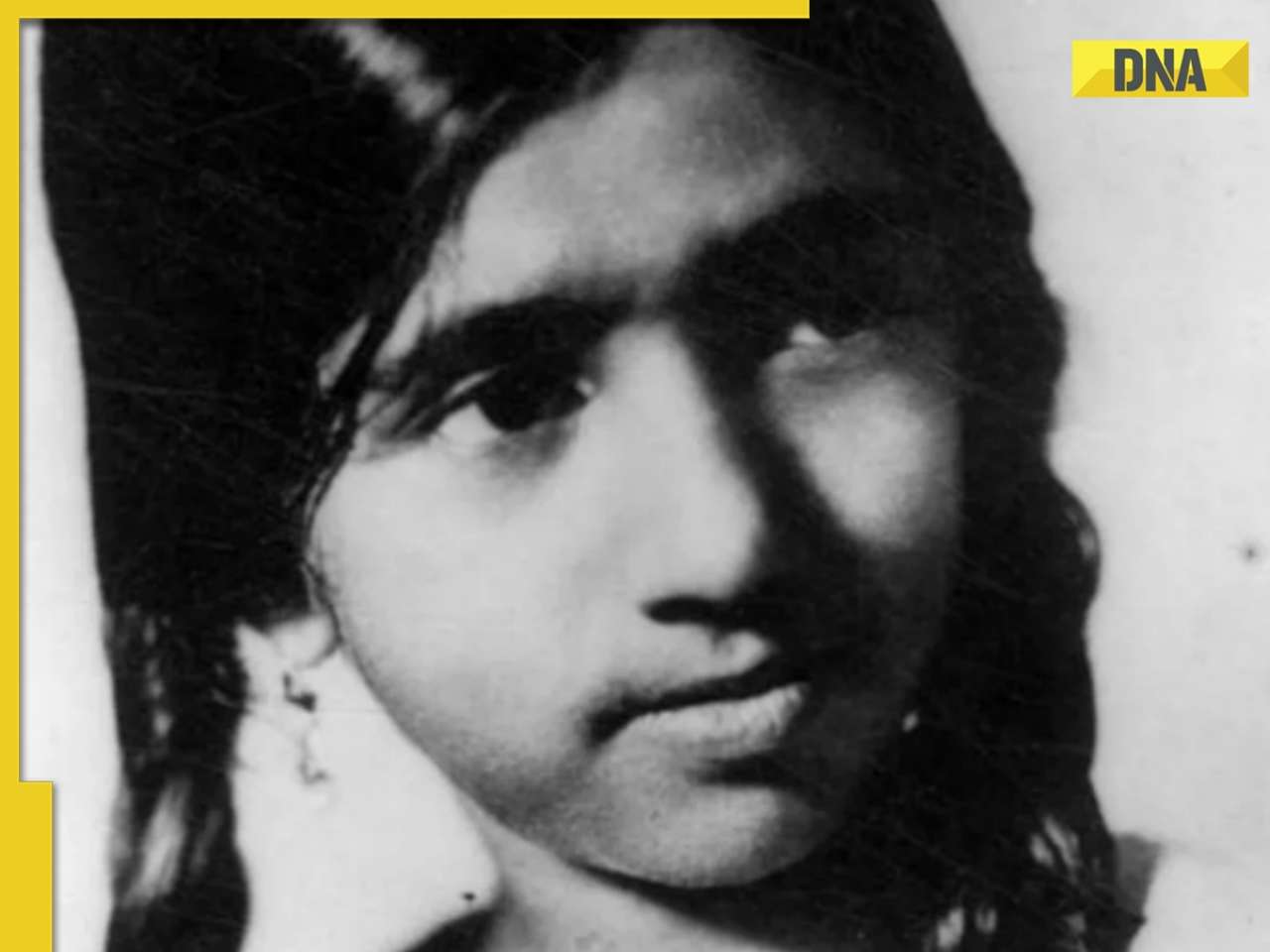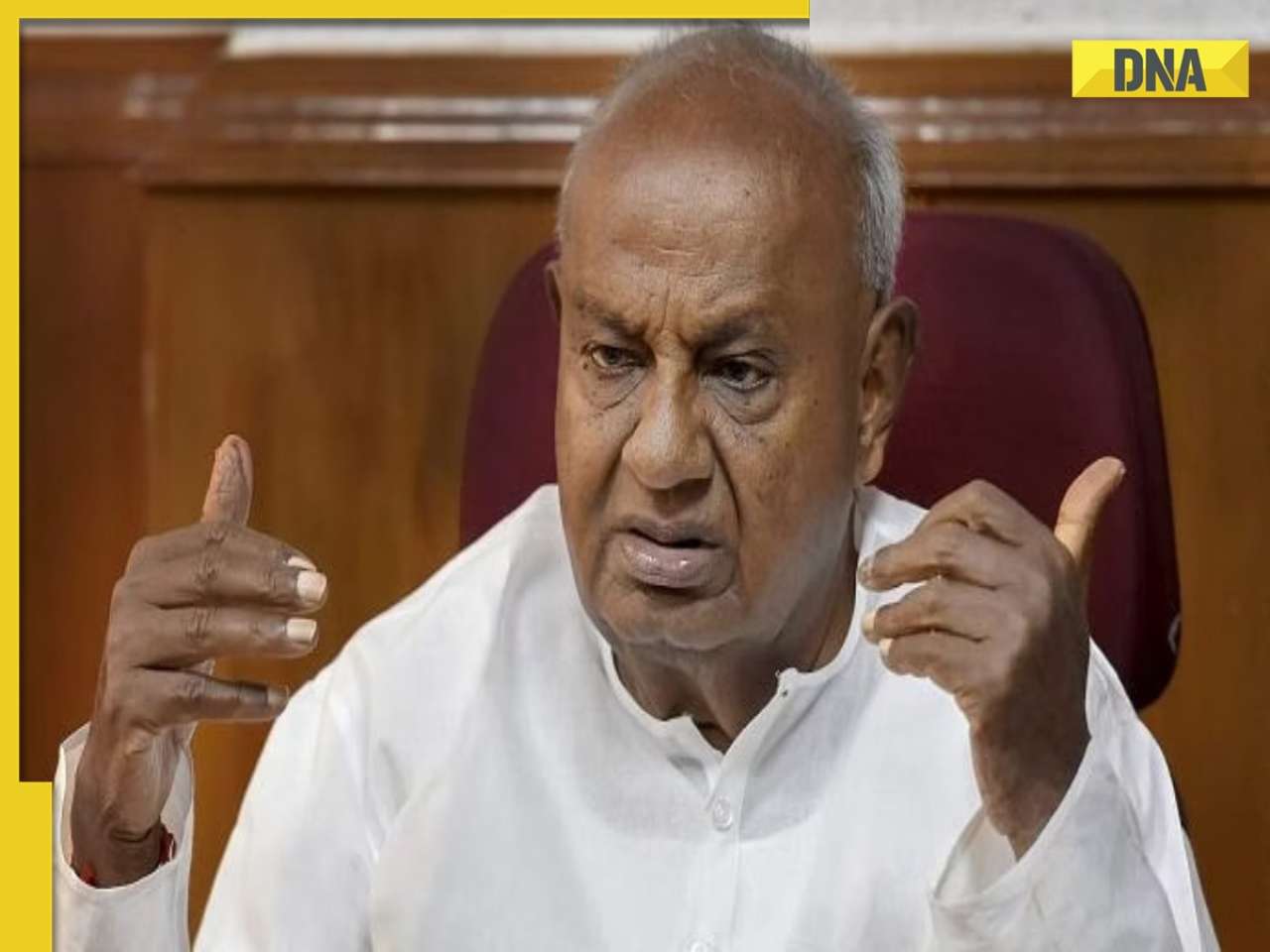The proposals were presented during the UN Human Rights Council Review meeting, where diplomats from India, Bangladesh, and Sri Lanka shared their recommendations.
In an important diplomatic move, India has spearheaded recommendations for Canada to strengthen measures preventing attacks on worship places and effectively address hate speech.
The proposals were presented during the UN Human Rights Council Review meeting, where diplomats from India, Bangladesh, and Sri Lanka shared their recommendations.
Indian diplomat Mohammed Hussain noted legislative enactments such as the National Housing Strategy Act and the Accessible Canada Act while addressing the issue at the Council meeting.
"We note the enactment of the National Housing Strategy Act, Accessible Canada Act, and National strategy to combat human trafficking," said Hussain addressing the UNHRC review meeting.
India also recommended that Canada strengthen its domestic framework to prevent the misuse of freedom of expression, particularly for inciting violence. Additionally, India urged Canada to disallow activities of groups promoting extremism, prevent attacks on places of worship of religious and racial minorities, and enhance measures to address hate crimes and hate speech.
"India recommends the following to Canada - further, strengthen the domestic framework to prevent misuse of freedom of expression, for inciting violence and disallow activities of groups that are promoting extremism; effectively prevent attacks on places of worship of religious and racial minorities, strengthen legislative and other measures to address hate crimes and hate speech," he also said.
Bangladesh diplomat Abdullah Al Forhad commended Canada's progress in human rights protection and acknowledged the ongoing implementation of its strategy to combat human trafficking. However, Bangladesh recommended that Canada intensify efforts against racism, hate speech, hate crimes, and discrimination against migrants and Muslim minorities. They also called for measures to reduce carbon emissions and urged international cooperation in addressing climate change impacts.
"In spite of cooperation, Bangladesh offers recommendations to Canada: intensify its efforts to combat racism, hate speech, hate crimes, and discrimination against migrants and Muslim minorities, take necessary measures to reduce carbon emissions; strengthen international cooperation in addressing the negative impacts of climate change; and consider ratifying an international convention on the protection of the rights of all migrants, workers and members of their families," said Bangladesh's Al Forhad.
Meanwhile, Sri Lankan diplomat Thilini Jayasekara also recommended Canada accede to the Convention on the Protection of Rights of All Migrant Workers, take measures against racial discrimination affecting immigrants' rights, counter misinformation against minority communities, and strengthen its national mechanism for comprehensive reporting and follow-up on international human rights recommendations.
"Sri Lanka welcomes the cooperation extended by the Government of Canada during the visit of UN Special Rapporters on contemporary forms of slavery and on the rights of Indigenous people. Sri Lanka recommends Canada to one, accede to the Convention on the Protection of Rights of All Migrant Workers and members of their families. Two, continue to take measures against racial discrimination, in particular, to avoid discriminatory policies and regulations affecting the rights of immigrants, including in the area of health," said the Sri Lankan diplomat.
"Three, continue to take measures to counter misinformation against minority communities. Four, strengthen its national mechanism for comprehensive reporting and follow up in relation to recommendations received from international human rights mechanisms and treaty obligations. We wish Canada success in its UPR engagement," Thilini Jayasekara added.
Canadian PM Justin Trudeau introduced a fresh sour note in bilateral ties with India amid the continuing diplomatic standoff, affirming his earlier claim of Indian involvement in the killing of Sikh separatist leader Hardeep Singh Nijjar.
Earlier on Saturday, Canadian PM Justin Trudeau accused New Delhi of violating the Vienna Convention by "kicking out" 40 diplomats at a time when his country had reached out to the former and other global partners to get to the bottom of the murder.
Issuing a warning, the Canadian PM said if bigger countries can "violate international law without consequences", it will make the world "more dangerous".
Trudeau, however, added that Canada wants to "work constructively" with India, adding that Ottawa "will always stand up to the rule of law".
![submenu-img]() This singer helped BCCI when it had no money to award 1983 World Cup-winning Indian cricket team, raised 20 lakh by...
This singer helped BCCI when it had no money to award 1983 World Cup-winning Indian cricket team, raised 20 lakh by...![submenu-img]() Virat Kohli’s new haircut ahead of RCB vs CSK IPL 2024 showdown sets internet on fire, see here
Virat Kohli’s new haircut ahead of RCB vs CSK IPL 2024 showdown sets internet on fire, see here![submenu-img]() BCCI bans Mumbai Indians skipper Hardik Pandya, slaps INR 30 lakh fine for....
BCCI bans Mumbai Indians skipper Hardik Pandya, slaps INR 30 lakh fine for....![submenu-img]() 'Justice must prevail': Former PM HD Deve Gowda breaks silence in Prajwal Revanna case
'Justice must prevail': Former PM HD Deve Gowda breaks silence in Prajwal Revanna case![submenu-img]() India urges students in Kyrgyzstan to stay indoors amid violent protests in Bishkek
India urges students in Kyrgyzstan to stay indoors amid violent protests in Bishkek![submenu-img]() Meet IIT graduates, three friends who were featured in Forbes 30 Under 30 Asia list, built AI startup, now…
Meet IIT graduates, three friends who were featured in Forbes 30 Under 30 Asia list, built AI startup, now…![submenu-img]() Meet woman who cracked UPSC in fourth attempt to become IAS officer, secured AIR...
Meet woman who cracked UPSC in fourth attempt to become IAS officer, secured AIR...![submenu-img]() Meet IIT JEE 2024 all-India girls topper who scored 100 percentile; her rank is…
Meet IIT JEE 2024 all-India girls topper who scored 100 percentile; her rank is…![submenu-img]() Meet PhD wife of IIT graduate hired at Rs 100 crore salary package, was fired within a year, he is now…
Meet PhD wife of IIT graduate hired at Rs 100 crore salary package, was fired within a year, he is now…![submenu-img]() Meet woman not from IIT, IIM or NIT, cracked UPSC exam in first attempt with AIR...
Meet woman not from IIT, IIM or NIT, cracked UPSC exam in first attempt with AIR...![submenu-img]() DNA Verified: Is CAA an anti-Muslim law? Centre terms news report as 'misleading'
DNA Verified: Is CAA an anti-Muslim law? Centre terms news report as 'misleading'![submenu-img]() DNA Verified: Lok Sabha Elections 2024 to be held on April 19? Know truth behind viral message
DNA Verified: Lok Sabha Elections 2024 to be held on April 19? Know truth behind viral message![submenu-img]() DNA Verified: Modi govt giving students free laptops under 'One Student One Laptop' scheme? Know truth here
DNA Verified: Modi govt giving students free laptops under 'One Student One Laptop' scheme? Know truth here![submenu-img]() DNA Verified: Shah Rukh Khan denies reports of his role in release of India's naval officers from Qatar
DNA Verified: Shah Rukh Khan denies reports of his role in release of India's naval officers from Qatar![submenu-img]() DNA Verified: Is govt providing Rs 1.6 lakh benefit to girls under PM Ladli Laxmi Yojana? Know truth
DNA Verified: Is govt providing Rs 1.6 lakh benefit to girls under PM Ladli Laxmi Yojana? Know truth![submenu-img]() Kiara Advani stuns in Prabal Gurung thigh-high slit gown for her Cannes debut, poses by the French Riviera
Kiara Advani stuns in Prabal Gurung thigh-high slit gown for her Cannes debut, poses by the French Riviera![submenu-img]() Heeramandi star Taha Shah Badussha makes dashing debut at Cannes Film Festival, fans call him ‘international crush’
Heeramandi star Taha Shah Badussha makes dashing debut at Cannes Film Festival, fans call him ‘international crush’![submenu-img]() Streaming This Week: Madgaon Express, Zara Hatke Zara Bachke, Bridgerton season 3, latest OTT releases to binge-watch
Streaming This Week: Madgaon Express, Zara Hatke Zara Bachke, Bridgerton season 3, latest OTT releases to binge-watch![submenu-img]() Sunanda Sharma exudes royalty as she debuts at Cannes Film Festival in anarkali, calls it ‘Punjabi community's victory’
Sunanda Sharma exudes royalty as she debuts at Cannes Film Festival in anarkali, calls it ‘Punjabi community's victory’![submenu-img]() Aishwarya Rai walks Cannes red carpet in bizarre gown made of confetti, fans say 'is this the Met Gala'
Aishwarya Rai walks Cannes red carpet in bizarre gown made of confetti, fans say 'is this the Met Gala'![submenu-img]() Haryana Political Crisis: Will 3 independent MLAs support withdrawal impact the present Nayab Saini led-BJP government?
Haryana Political Crisis: Will 3 independent MLAs support withdrawal impact the present Nayab Saini led-BJP government?![submenu-img]() DNA Explainer: Why Harvey Weinstein's rape conviction was overturned, will beleaguered Hollywood mogul get out of jail?
DNA Explainer: Why Harvey Weinstein's rape conviction was overturned, will beleaguered Hollywood mogul get out of jail?![submenu-img]() What is inheritance tax?
What is inheritance tax?![submenu-img]() DNA Explainer: What is cloud seeding which is blamed for wreaking havoc in Dubai?
DNA Explainer: What is cloud seeding which is blamed for wreaking havoc in Dubai?![submenu-img]() DNA Explainer: What is Israel's Arrow-3 defence system used to intercept Iran's missile attack?
DNA Explainer: What is Israel's Arrow-3 defence system used to intercept Iran's missile attack?![submenu-img]() This singer helped BCCI when it had no money to award 1983 World Cup-winning Indian cricket team, raised 20 lakh by...
This singer helped BCCI when it had no money to award 1983 World Cup-winning Indian cricket team, raised 20 lakh by...![submenu-img]() This film had 3 superstars, was unofficial remake of Hollywood classic, was box office flop, later became hit on...
This film had 3 superstars, was unofficial remake of Hollywood classic, was box office flop, later became hit on...![submenu-img]() Meet Nancy Tyagi, Indian influencer who wore self-stitched gown weighing over 20 kg to Cannes red carpet
Meet Nancy Tyagi, Indian influencer who wore self-stitched gown weighing over 20 kg to Cannes red carpet![submenu-img]() Telugu actor Chandrakanth found dead days after rumoured girlfriend Pavithra Jayaram's death in car accident
Telugu actor Chandrakanth found dead days after rumoured girlfriend Pavithra Jayaram's death in car accident![submenu-img]() Meet superstar who faced casting couch at young age, worked in B-grade films, was once highest-paid actress, now..
Meet superstar who faced casting couch at young age, worked in B-grade films, was once highest-paid actress, now..![submenu-img]() Viral video: Flood-rescued dog comforts stranded pooch with heartfelt hug, internet hearts it
Viral video: Flood-rescued dog comforts stranded pooch with heartfelt hug, internet hearts it![submenu-img]() Dubai ruler captured walking hand-in-hand with grandson in viral video, internet can't help but go aww
Dubai ruler captured walking hand-in-hand with grandson in viral video, internet can't help but go aww![submenu-img]() IPL 2024: Virat Kohli drops massive hint on MS Dhoni’s retirement plan ahead of RCB vs CSK clash
IPL 2024: Virat Kohli drops massive hint on MS Dhoni’s retirement plan ahead of RCB vs CSK clash![submenu-img]() Do you know which God Parsis worship? Find out here
Do you know which God Parsis worship? Find out here![submenu-img]() This white marble structure in Agra, competing with Taj Mahal, took 104 years to complete
This white marble structure in Agra, competing with Taj Mahal, took 104 years to complete








































)
















)
)
)
)
)
)